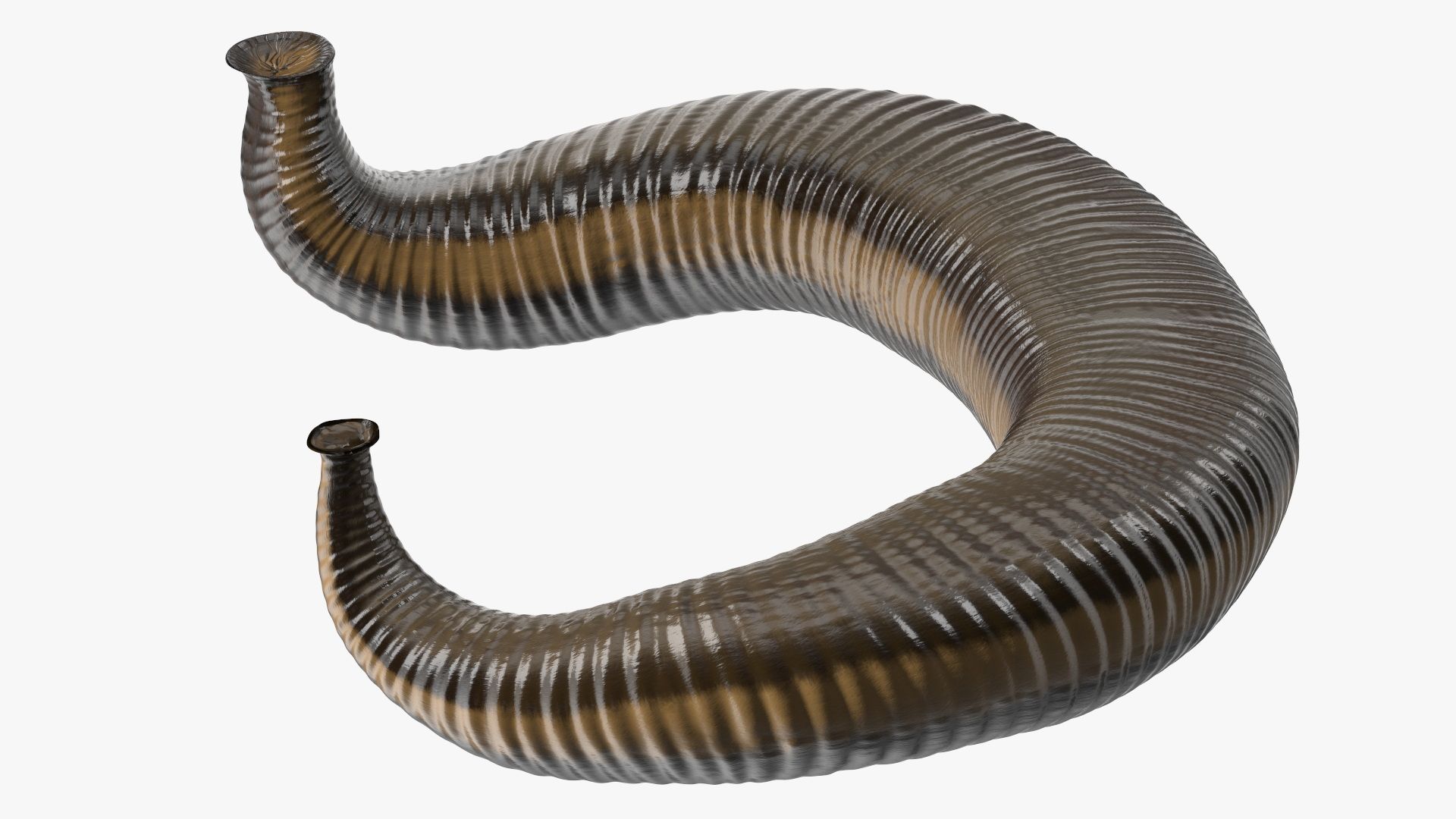
Depression is a common yet serious mental health condition that affects millions of people worldwide. One of the most effective treatments for depression is cognitive behavioral therapy (CBT). In this blog, we will explore what CBT for depression entails, how it works, and its benefits. We will also touch upon the use of cognitive behavioral therapy for trauma, another area where this therapy proves beneficial.
What is cognitive behavioral therapy (CBT)?
CBT for depression is a type of psychotherapy that focuses on changing negative thought patterns and behaviors. It is based on the premise that our thoughts, feelings, and behaviors are interconnected and that altering negative thoughts and behaviors can lead to improvements in mood and functioning.
How CBT Works for Depression
Identifying Negative Thoughts
One of the first steps in cognitive behavioral therapy for depression is identifying negative thoughts. These thoughts often include pessimistic views about oneself, the world, and the future. For example, a person might think, “I am worthless,” “Nothing good ever happens,” or “Things will never get better.” These thoughts can contribute to feelings of hopelessness and helplessness.
Challenging Negative Thoughts
Once negative thoughts are identified, the next step is to challenge them. This involves questioning the evidence for and against these thoughts and considering alternative, more balanced perspectives. For instance, instead of thinking, “I am worthless,” one might learn to recognize their strengths and achievements.
Changing Behavior Patterns
In addition to changing negative thought patterns, CBT also focuses on changing behavior patterns. This might involve increasing engagement in enjoyable or meaningful activities, developing problem-solving skills, and learning to manage stress more effectively.
Developing Coping Strategies
CBT teaches individuals coping strategies to deal with difficult situations and emotions. These strategies might include relaxation techniques, mindfulness, and assertiveness training. By learning and practicing these skills, individuals can reduce their symptoms of depression and improve their overall well-being.
Benefits of CBT for Depression
Effectiveness
Numerous studies have shown that CBT is highly effective in treating depression. It can be as effective as antidepressant medication and has the added benefit of providing long-term skills to manage and prevent relapse.
Structured Approach
CBT is a structured, time-limited approach, typically involving 12-20 sessions. This makes it a practical option for many people, as it provides a clear framework and goals.
Empowering Individuals
CBT empowers individuals by teaching them to take control of their thoughts and behaviors. This sense of empowerment can lead to increased self-esteem and a greater sense of control over one’s life.
CBT for Trauma
Understanding Trauma
Trauma can result from various experiences, such as physical or emotional abuse, accidents, natural disasters, or combat. These experiences can have long-lasting effects on mental health, leading to conditions like Post-Traumatic Stress Disorder (PTSD).
How CBT Helps with Trauma
CBT for trauma involves helping individuals process and make sense of traumatic events. This can reduce the distress associated with trauma memories and improve overall functioning. Techniques used in cognitive behavioral therapy for trauma might include exposure therapy, cognitive restructuring, and stress inoculation training.
Benefits of CBT for Trauma
Cognitive behavioral therapy for trauma is highly effective in reducing the symptoms of PTSD and other trauma-related conditions. It can help individuals regain a sense of safety, reduce avoidance behaviors, and improve emotional regulation.
Integrating CBT for Depression and Trauma
For individuals experiencing both depression and trauma, CBT can be an effective treatment option. The skills learned in CBT for depression and trauma can help individuals manage the symptoms of both conditions and improve their overall quality of life.
Practical Applications
-
Thought Records: Keeping a thought record can help individuals identify and challenge negative thoughts.
-
Behavioral activation: Engaging in enjoyable activities can help lift mood and reduce depression.
-
Relaxation Techniques: Practices such as deep breathing and progressive muscle relaxation can reduce anxiety and improve mood.
-
Exposure Therapy: Gradually facing feared situations can reduce avoidance and anxiety.
Conclusion
CBT for trauma is a powerful tool for treating depression and trauma. By addressing negative thought patterns and behaviors, individuals can achieve significant improvements in their mental health and overall well-being. Whether you are struggling with depression, trauma, or both, CBT offers practical strategies to help you lead a more fulfilling life.
Are you struggling with depression? Discover how CBT for depression with Dr. Vanessa Gomes can help you regain control and improve your quality of life. Contact us today!





